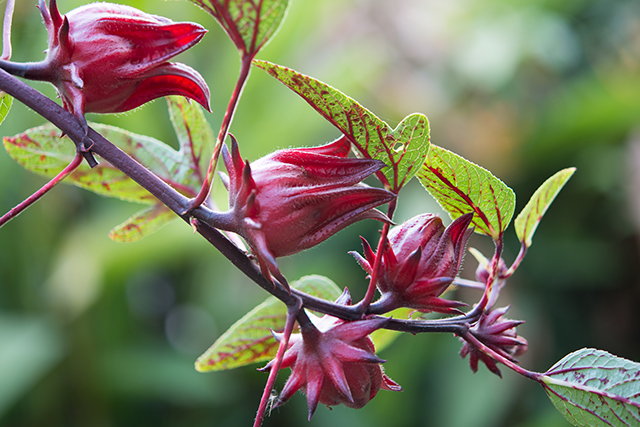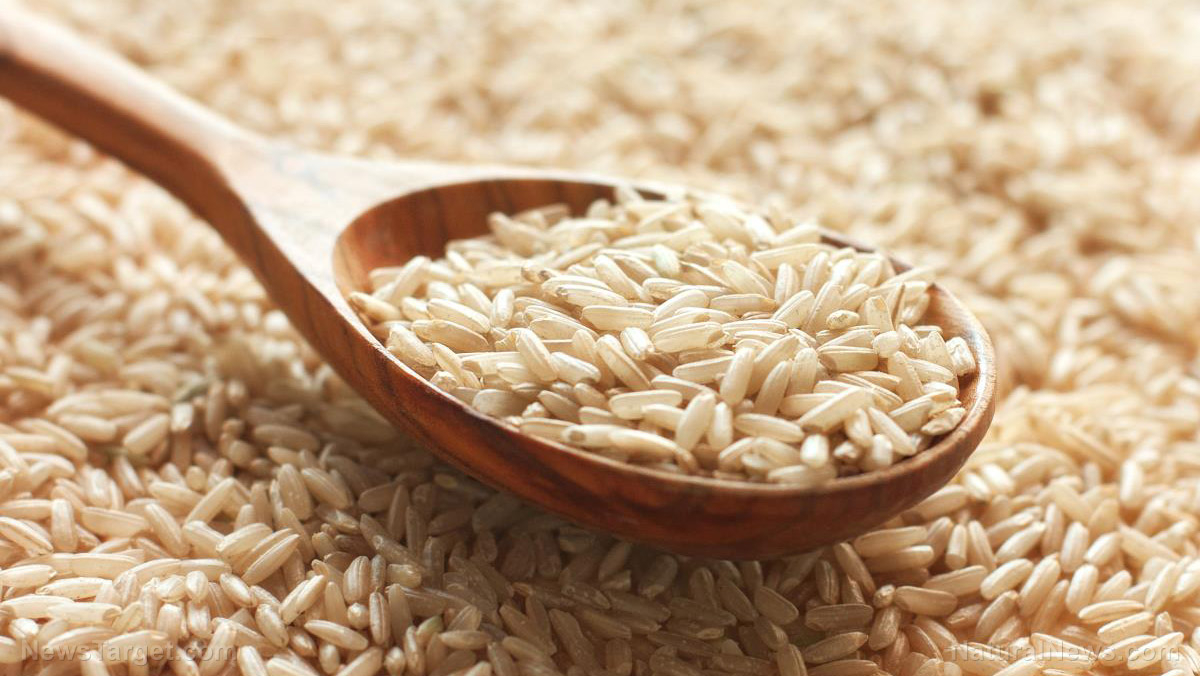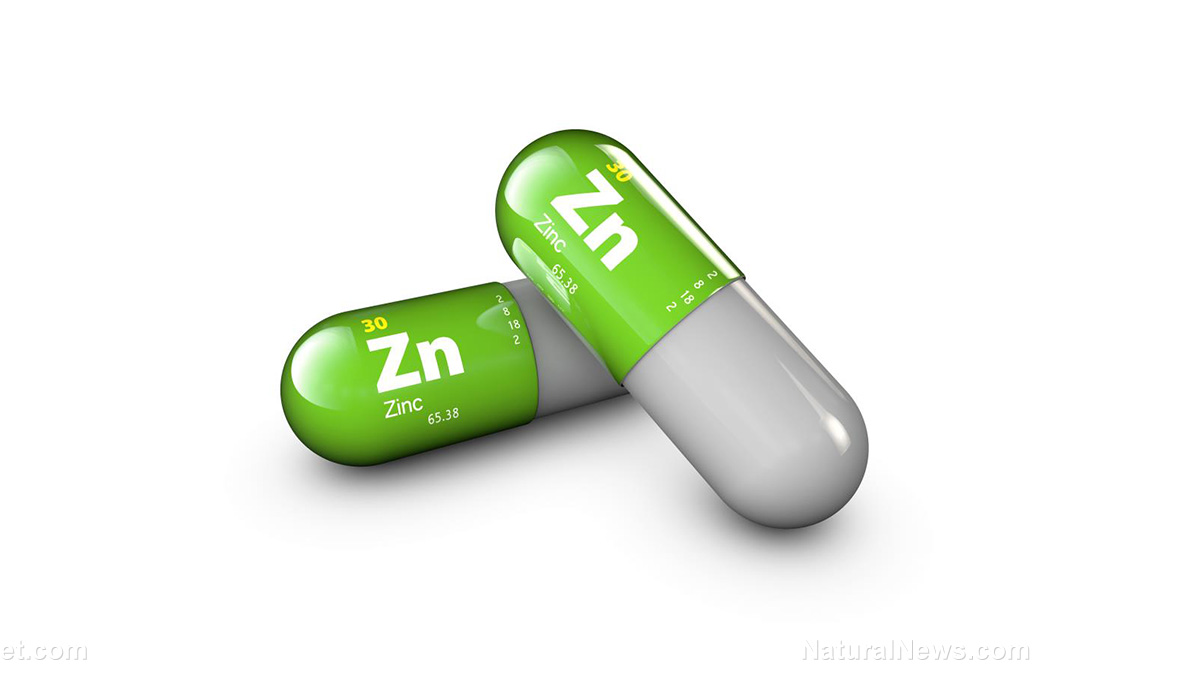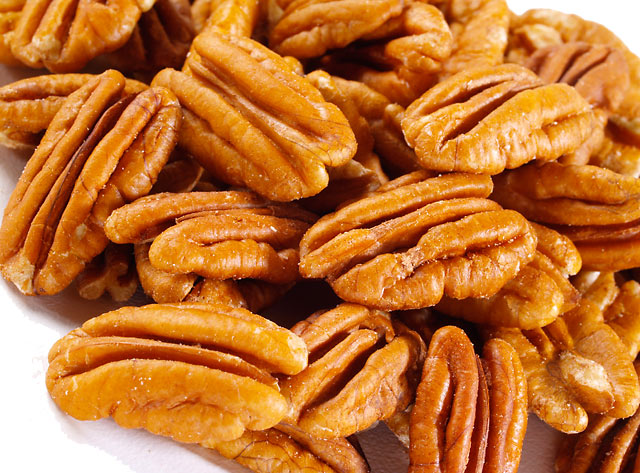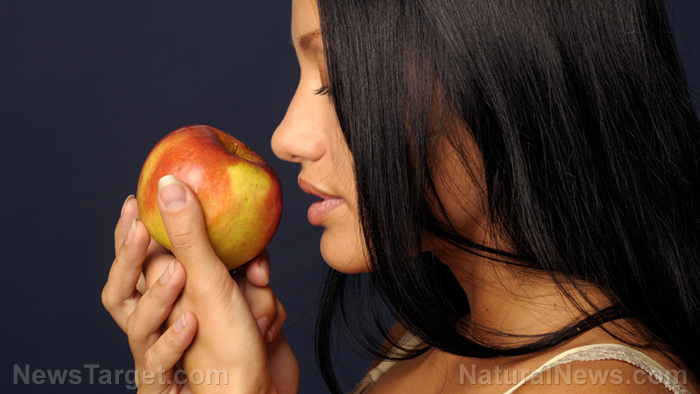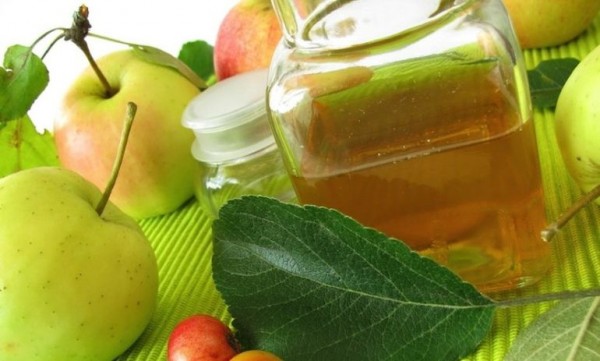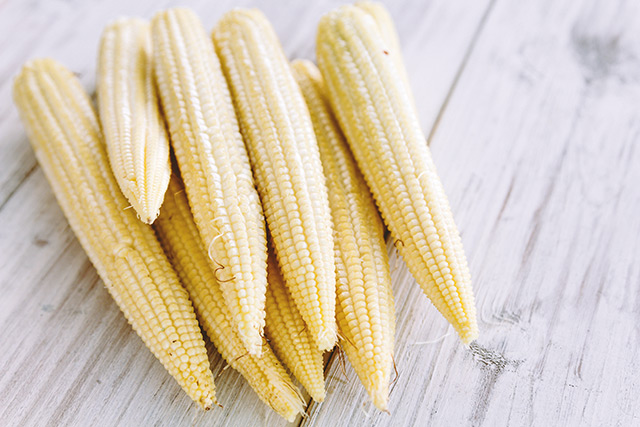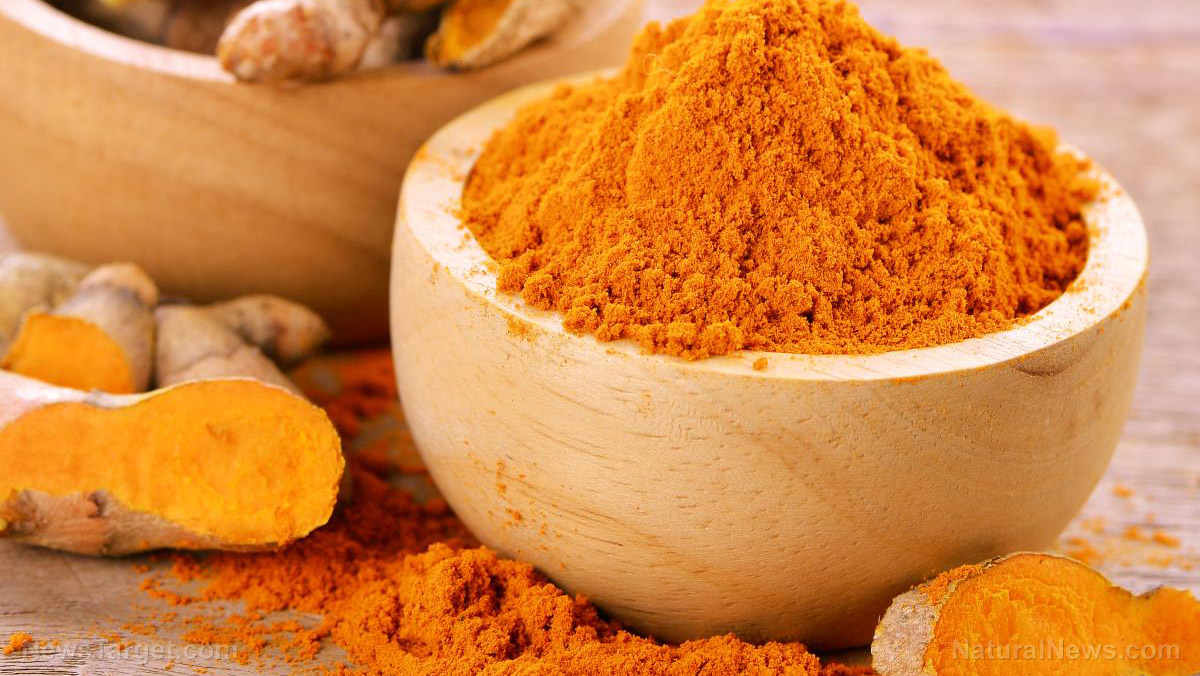Extracts from hibiscus calyces could be used as a natural food coloring, which can provide health benefits at the same time, according to a study published in the journal Food Science and Human Wellness.
The study, written by Aly R. Abdel-Moemin from Helwan University in Egypt, evaluated the effect of hibiscus calyces extract on the chemical and sensory properties of functional cupcakes. “Cupcakes are a convenient bakery product for enrichment, [are] universal and easy to make,” he wrote.
Hibiscus, also known as Roselle, is a tropical plant that belongs to the Malvaceae family and is known locally as “Karkadah.” In Egypt, it is a major crop for export and is used in foods, drinks, and cosmetics. Earlier studies suggested that hibiscus calyces extract may help in reducing the risk of chronic diseases, such as diabetes mellitus, dyslipidemia, and hypertension. These could be attributed to the activity of some compounds, flavonoids, and anthocyanins, in particular, found in the plant’s extracts. The herbal plant also contains anthocyanins, which might be used as a natural food color that is safer than most synthetic dyes.
In conducting the study, the author conducted a proximate analysis and tested for anthocyanins, ascorbic acid, titrable acidity, percentage retaining of anthocyanins, color and sensory evaluations. The cost-effectiveness of the enriched cupcake was evaluated as well.
The findings of the study revealed that hibiscus calyces extract enriched the cupcakes. In addition, hibiscus was found to contain a lot of acids, which would enhance the stability of anthocyanins pigment and phytochemicals. Moreover, eating 100 g of the hibiscus calyces cupcakes provided 485 mg per 100 g anthocyanins, which is more than twice the minimum average daily intake of anthocyanins for Americans. Furthermore, the enriched cupcakes contained a total of eight percent dietary fiber, which is one-third of the daily fiber intake recommended by the Scientific Advisory Committee on Nutrition, as well as 4.2 percent ash.
“RC [Roselle calyces] cupcake can be a functional food and would have a “clean” label with cost-effective advantage,” Abdel-Moemin concluded.
More on the health benefits of hibiscus
Hibiscus has many other common names, such as Jamaica sorrel, karkade (Egyptian hibiscus tea), karkadi, red sorrel, red tea, rosa de Jamaica, rosella, roselle, soborodo, sour tea, and Zobo drink. The plant’s calyx, the red fleshy covering enclosing the flower’s seed pod, is used for flavoring, cooking, and food coloring. It is also used to make juice or tea.
Hibiscus has also been used as a diuretic and mild laxative in folk medicine. Other health benefits of hibiscus include the following:
- Lowers blood pressure – Hibiscus tea contains antihypertensive properties, according to a study that discovered that hibiscus tea drinkers had lower blood pressure after drinking the tea every day for a month. Moreover, it is an antioxidant that contains properties that prevent the oxidation of low-density lipoproteins, which are substances in the blood that may cause high blood pressure. (Related: Hibiscus tea is excellent to maintain healthy cholesterol and blood pressure levels.)
- Helps in weight loss – Since hibiscus contains a substance that can inhibit the production of amylase, according to PubMed.gov, it can aid in weight loss. Regularly drinking hibiscus tea can prevent absorption of excessive carbohydrates and related weight gain.
- Relieves coughs and colds – Hibiscus contains anti-inflammatory and mild anti-bacterial properties. As a result, hibiscus tea is often used as a supplement to help relieve coughs and colds.
If you’d like to read more news stories and studies on plant-based nutrients, see Phytonutrients.news.
Sources include:
Science.news
ScienceDirect.com
ESgreen.com

